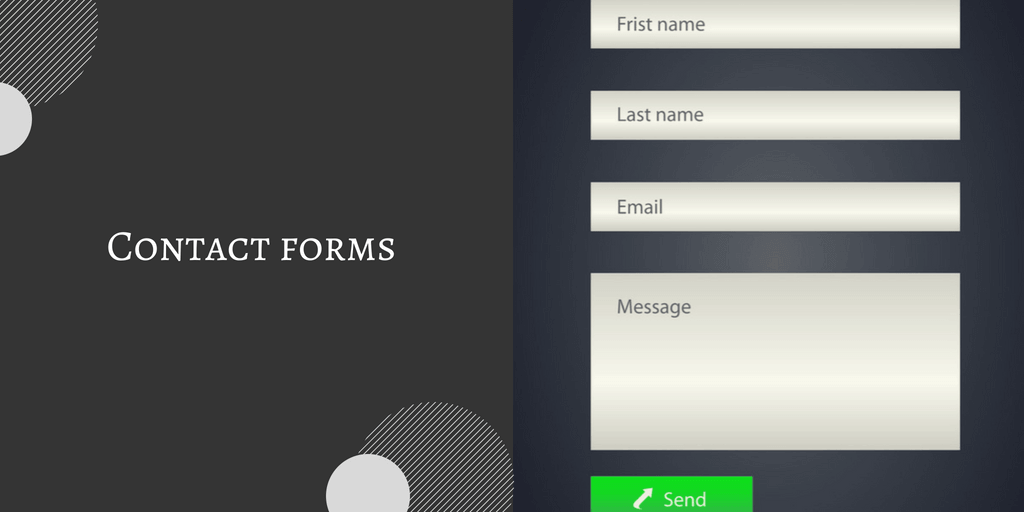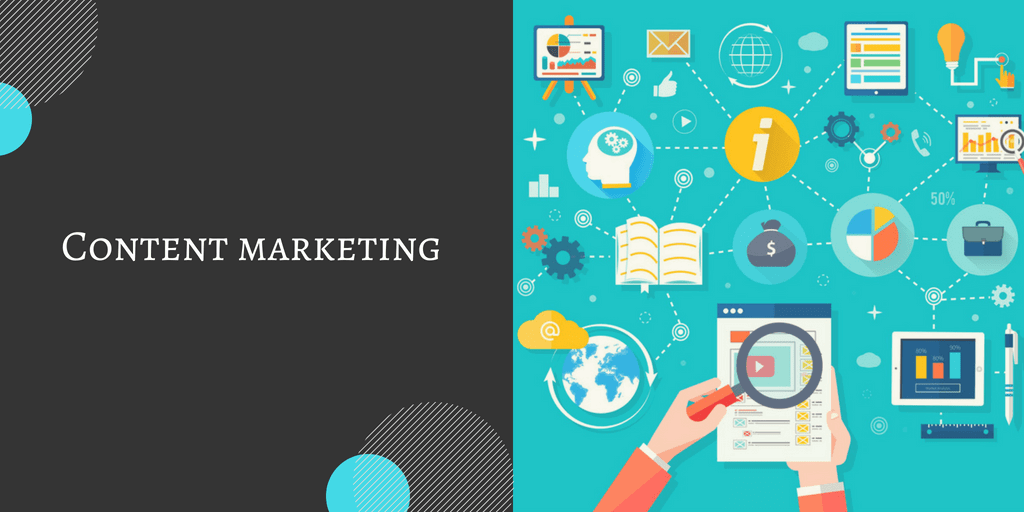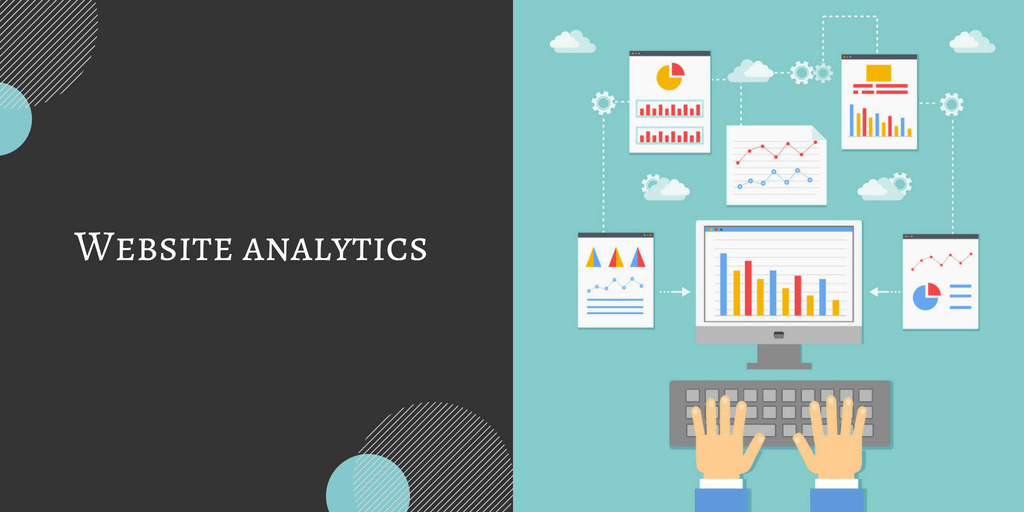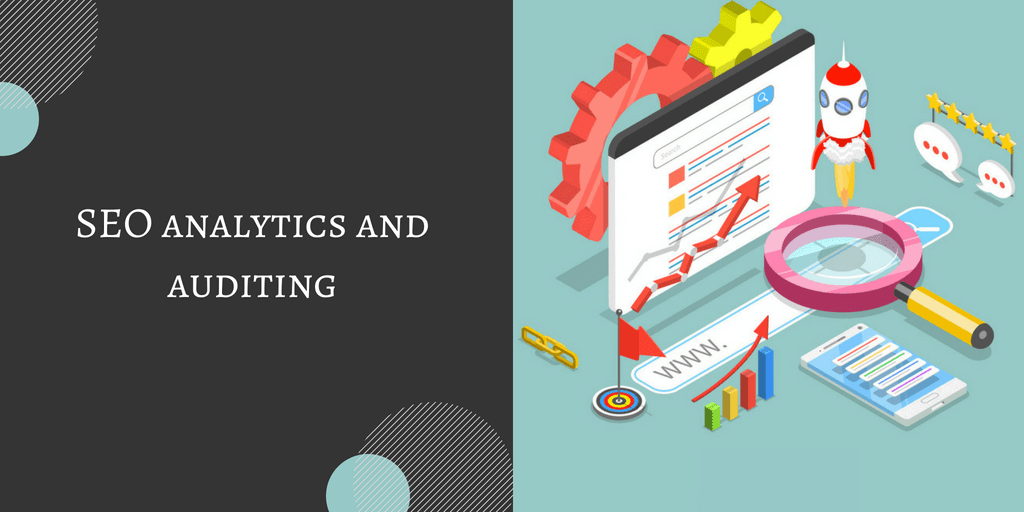QUICK LINKS:
- Lead generation and tracking
- Content marketing
- Full-stack Automation Providers Feature and Price Comparison
Marketing remains to be a fundamental and critical aspect of any business entity. As the world becomes more and more modernized and reliant on technology, marketing has also evolved.
These days, any business organization that wants to succeed needs to employ strategic digital marketing. And take note that when you say strategic digital marketing, you are not only talking about a simple, one-fits-all approach. Success in digital marketing requires businesses to take into account different features and aspects, depending on the business organization’s overall marketing strategy, goals, and even budget.
With the numerous features, aspects, and tasks involved in implement a full-blown marketing strategy that is sure to be successful, people running a business easily get lost. This is why marketing automation, a side effect of the modernization and evolution of marketing, is a very welcome innovation.
Marketing Automation Features
Before we delve deeper into the comparison of different marketing automation solutions provider, let us first find out the main features of marketing automation. These features enable businesses to perform marketing tasks such as identifying potential customers, turning marketing leads into sales, and the likes.
So below are the basic features, and while browsing through the following list, identify which features can help your business successfully.
Lead generation and tracking
Lead generation is the process in a marketing strategy of capturing the interest of target customers in a business’ products and services. Capturing their interest is not enough though. You would need to track your leads by gathering their email addresses, sending out emails, and the likes.
Customer Relationship Management (CRM)
The aim of CRM is to cultivate a relationship with your existing customers and even potential customers. Customer data and communication are analyzed which will help in customer retention and in effect drive up sales.
Contact forms

You place contact forms in your websites so that your customers and potential customers have a venue to contact you conveniently. Allowing them to contact you is great, but what happens when you are unable to respond to their queries within the reasonable time? This is where automated contact forms come in handy. When a customer fills out the contact form, they will get an automated response which you can actually customize and personalize.
Landing pages
Studies have shown that the more landing pages a business has, the more marketing leads it generates. A website that has 8 to 10 landing pages can generate 50% more leads compared to a website that only has 5 landing pages or below. This is why automating landing page creation is very ideal. Simple web pages can be cloned so that customized landing pages can be automatically launched when a specific keyword or campaign is used.
Email campaigns

Email marketing remains to be the most effective type of marketing for any business. Aside from the basic newsletters, and sales pitch emails, more and more business automate their emails in such a way that emails are triggered by the customer’s actions. These are more effective as they are highly personalized and they are sent out in response to a customer’s needs and interest.
Segmentation
Automatically filtering your contacts list based on pre-set data is a very helpful process in the overall marketing strategy. It helps you save time since you don’t have to manually segregate the contact information of your audience, depending on their behavior and the data collected.
Content marketing

A wide array of informative and interesting content is not enough to make your business a success. You need to market your content and let the people know about your blog posts and articles. However, this may take so much time and energy. With automation, however, you will be able to market your content easily and more effectively.
Dynamic content
Dynamic content is powerful because it uses a personalized and interest-based approach in reaching your target audience. This automation allows you to customize the content presented to an audience, depending on the behavior of such audience.
Website analytics

Web analytics allows you to measure, collect, and analyze the data that your website gathers. By doing so, it enables you to understand how your website is performing and in the process analyze how you can improve it.
Campaign analytics
Using specific success metrics, campaign analytics enables you to assess how effective your marketing strategy is.
SEO analytics and auditing

The SEO analytics and auditing feature allows you to measure and evaluate the effectiveness of your SEO campaign. This way, you can make adjustments and improvements to your strategies.
You could also check this SEO Checklist 2019.
Social media marketing and monitoring
Social media has become a powerful marketing platform over the past few years. Thus, business who ignore social media is doomed to fail. Utilizing social media is the best way to go for companies, which is why more and more are implementing social media marketing. The ability to automate this platform is all the more lucrative for businesses.
Two Marketing Automation Approaches
Needless to say, the manual execution of the features discussed above are very time-consuming. They also take so much effort from your part, thus taking you away from other activities.
Sales and marketing automation tools will definitely enable you to implement your strategy with no hassle, plus it will give you more time for other equally important tasks. You can choose between two marketing automation approaches: a full-stack automation system or a custom-stack automation approach.
Full-stack Automation Approach
A full-stack automation approach refers to a complete, all-in-one system which includes all or numerous features of digital marketing. We will discuss these features in detail later in this article. Examples of a full-stack automation system are Marketo and Hubspot.
Custom-stack Automation Approach
The custom-stack approach enables you to choose different solutions provider for executing different features. You may or may not opt to implement all features, depending on your business organization’s marketing strategy.
The sales and marketing automation approach that is right for you and your business depends on several things including your technical expertise and of course, your budget. If you have a high level of technical know-how, you may be able to perform some automation tasks on your own so you don’t need a full-stack automation. In the process, you will save some money.
On the other hand, if you don’t have enough technical expertise, then a custom-stack automation is not suitable for you. You would need to choose an all-in-one system to take care of your marketing automation needs.
This article aims to help you choose between the two automation approaches by comparing the features and prices of some popular marketing automation solutions providers.
Full-stack Automation Providers Feature and Price Comparison
There are four popular full-stack inbound marketing automation solutions provider today, and these are (1) Hubspot, (2) Pardot, (3) Marketo, and (4) Act-On. The table below shows the features and price of each of these automation providers.
| Monthly rate starts at |
| Set-up Fee |
| Lead Generation and Tracking |
| CRM |
| Contact Form |
| Landing Pages |
| Segmentation |
| Content Marketing |
| Dynamic Content |
| Website Analytics |
| Campaign analytics |
| SEO analytics |
| Social Media |
Custom-stack Automation
In this section, we explore the different providers for every automation feature, and provide their prices as well.
| FEATURE |
| Lead Generation and Tracking |
| CRM |
| Contact Form |
| Landing Pages |
| Segmentation |
| Content Marketing |
| Dynamic Content |
| Website Analytics |
| Campaign analytics |
| SEO analytics |
| Social Media |
| TOTAL |
With full-stack automation, you need to shell out $1,000 or more every month, not including the one-time set up fee that comes with each solutions provider. But you can also get the same automation features at less than $300 a month if you use the custom-stack approach.
The automation provider is different from one feature to another, and as previously said, you may find this approach challenging especially if you don’t have enough technical expertise. In this scenario, you may find the full-stack automation approach more sensible and appropriate for your business since you will be dealing with just one provider.
But for those companies who are still starting out, you may find the custom-stack approach more flexible as you get to choose which features to focus on. You will also be able to take advantage of free resources that are readily available.
The Bottom Line
No matter which stage your business is in right now, you definitely need to implement a marketing strategy that is at par with the current trend in the industry. Taking advantage of automation tools will help you drive up more leads and generate sales, and marketing automation is no exception.
You can choose between full-stack automation or custom-stack automation approach, depending on your budget and technical know-how. You just need to identify first which features are crucial for your business success. If you decide that you don’t need to implement all marketing features, then the custom-stack approach may be the most cost-effective choice for you. You will only spend less than $300 per month, a huge savings from going for the all-in-one system which will cost you no less than $1,000 every month.
However, if you want to take advantage of all tools and features that marketing automation has to offer, you might feel more inclined to select the full-stack approach and stick with just one solutions provider. Whatever approach you choose, make sure that it is the best for your business.
Post Quick Links
Jump straight to the section of the post you want to read:


About the author
Rachael Chapman
A Complete Gamer and a Tech Geek. Brings out all her thoughts and Love in Writing Techie Blogs.
Related Articles
5 Brand Protection Techniques you can Implement today
WQ=hile lead generation and prospects engagement is a priority, keep your brand protection as a priority also. 5 Brand Protection Techniques to Implement
What is Conversion Rate Optimization (CRO) and How to Boost it?
Running a business is not as easy as it seems. It is absolutely necessary to have a good website for prominence. Websites are one of the ways to maintain a successful online identity through which businesses build credibility and reputation among the prospects.